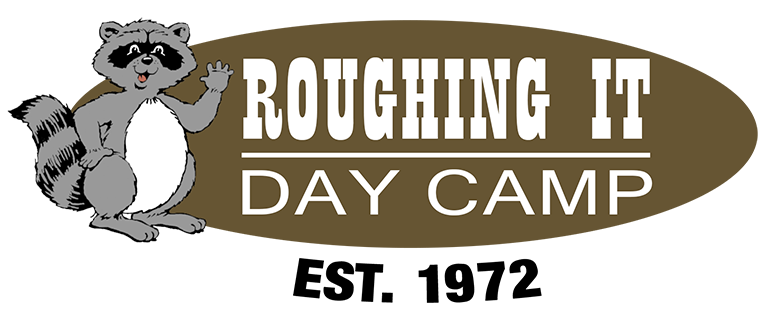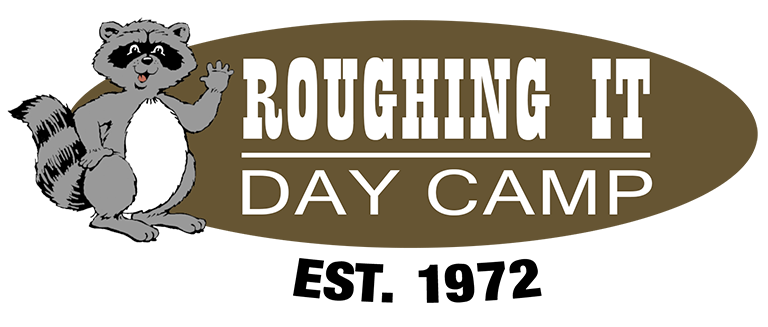I am always very proud when Roughing It Day Camp is listed in a directory or an article on camp as a traditional camp. I went to a great traditional camp as a child, worked at two traditional camps, met my wife at a traditional camp, sent my children to several traditional camps and then opened a very traditional camp with my wife Ann in 1972.

Most often though I am disappointed when I look at most of the other camps that are also listed as being traditional camps. They just do not fit my definition or understanding of a traditional camp and of all that is traditional in summer camp.
Summer camp as we know it today began in August of 1861 when Frederick William Gunn took the whole school to set up a camp for two weeks. The boys hiked 40 miles in two days to the shores of Long Island Sound where they set up a camp where they lived as a group in tents, did their own cooking, chores and enjoyed swimming, fishing, games, stories and songs by the campfire each evening.
Outdoor Setting. The key component of a traditional camp is that it is outdoors. I believe the more outdoors the better. There is something very special that happens to children when they spend great amounts of time outdoors. Traditional camps are almost always located in outdoor locations with direct access to wilderness and wild places. While I have seen a very, very few camps that I considered to be traditional located in highly urban locations they really needed to work very hard to capture the essence and magic of a traditional camp. I do not believe that a “camp” that is conducted inside a classroom, on a playground, on an athletic field captures the true spirit of a traditional camp.
Outdoor Living. Traditional camps provide children with the opportunity to practice living in an outdoor environment close the nature. Learning how to thrive in various weather conditions, how to find your way in the wilds, how to manage your own and others safety outdoors and how to enjoy living close the land is an important part of the tradition.
Group Living Skills. Another very important part of traditional camps is that campers have the opportunity to develop skills living and working as a member of a group. This may be the most important benefit that children receive from participating in traditional camps. Campers live, work and play together as a group. This provides a natural laboratory for campers to practice and develop the skills necessary to live and work effectively in a group environment. Campers can practice: listening, discussing, friendship making, sharing, helping, empathizing, teamwork, leadership, and the many skills they will use all of their life as they live, work and play in groups.
Outdoor Activities. Most of the activities that children participate in at traditional camps are outdoor activities that help campers become more proficient and comfortable with living in the outdoors. Hiking, fishing, canoeing, boating, pioneering, climbing, swimming, woodcraft, outdoor cooking, nature study, outdoor games, adventure activities, and more are the core of traditional camp. While it is beneficial for children to learn computer skills, digital photography, web design, science, academics, competitive sports, culinary arts, etc, these are not a part of the traditional camp experience in my opinion.
Character Development. From the very beginning traditional camps have emphasized the development of character in the children. Much of the development of character comes from the very close association of campers and adult staff. Many of the activities at traditional camp are designed and structured to help campers develop their character.
Community. All of the above key components of traditional camp blend into a very powerful experience of community. Campers who live, work and play together with the exceptional role model of adult staff bond into very close and supporting community.
Sustained Experience. I would also argue that most traditional camps have historically emphasized a longer camp experience that is popular today. I know from my over 50 years of experience with children at camp that the longer they stay at camp and the more years they return to the same camp the greater their development is and the greater the impact that camp makes on their life. We are very proud that at Roughing It Day Camp the vast majority of our campers come for either a 4 week or 8 week session.
I hope this helps explain what a traditional camp is and some of the many contributions a traditional camp can make to your child. This is not to belittle any other program but only to point out that traditional camps are different from school based camps or sports camps or science camps or from summer recreational programs. Many believe that the traditional summer camp experience is one of the major contributions of American education to the rest of the world. Obviously, Ann and I believe very strongly in both the impact and power of the contribution that traditional camps make to children. Our dream is for every child in the world to have the opportunity to attend the same camp for 8 weeks every summer of their childhood and when they go off to college that they would come back to lead our young campers as they develop important life skills in an outdoor community. We know that people who spend their youth at traditional camp and serve as camp leaders develop many important skills that make them better adults, better team members, better leaders, better citizens, better family member and better parents. We are blessed to have personally witnessed this for almost 50 years at Roughing It Day Camp.
Watch for a few more blogs on the topic of traditional camps in the near future. This is a topic that is “near and dear” to me and I would really like for more folks to understand traditional camps and all the good that a traditional camp experience can do for children today. A few of the topis I hope to blog on are: 1) Traditional Camp – Why is it important? 2) Traditional Day Camps – How are they different? 3) Traditional Camp Today – Who are they? 4) How Does Roughing It Day Camp Emphasize the Traditional Camp Model, 5) Traditional Camp Contributions to Children and 6) Traditional Camp Contributions to Young Adult Staff.



